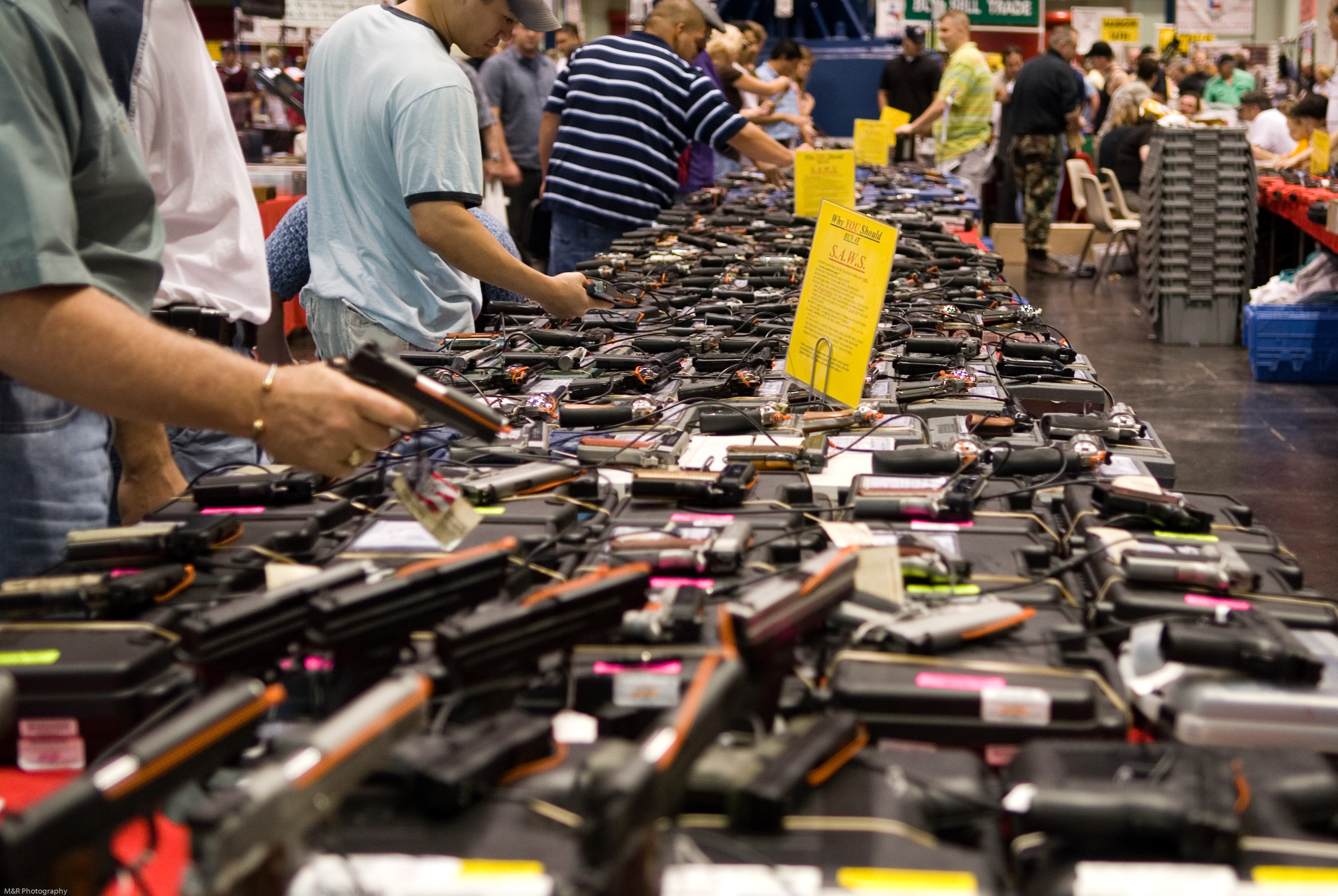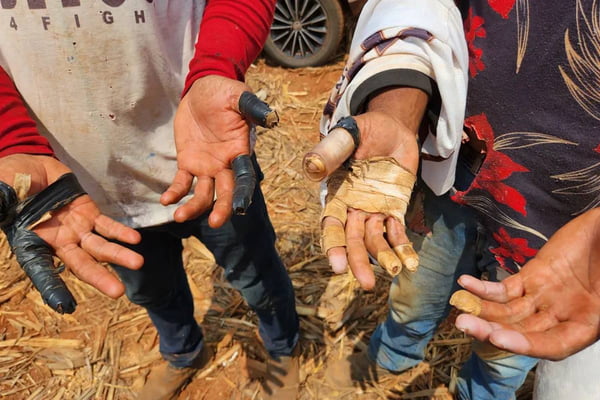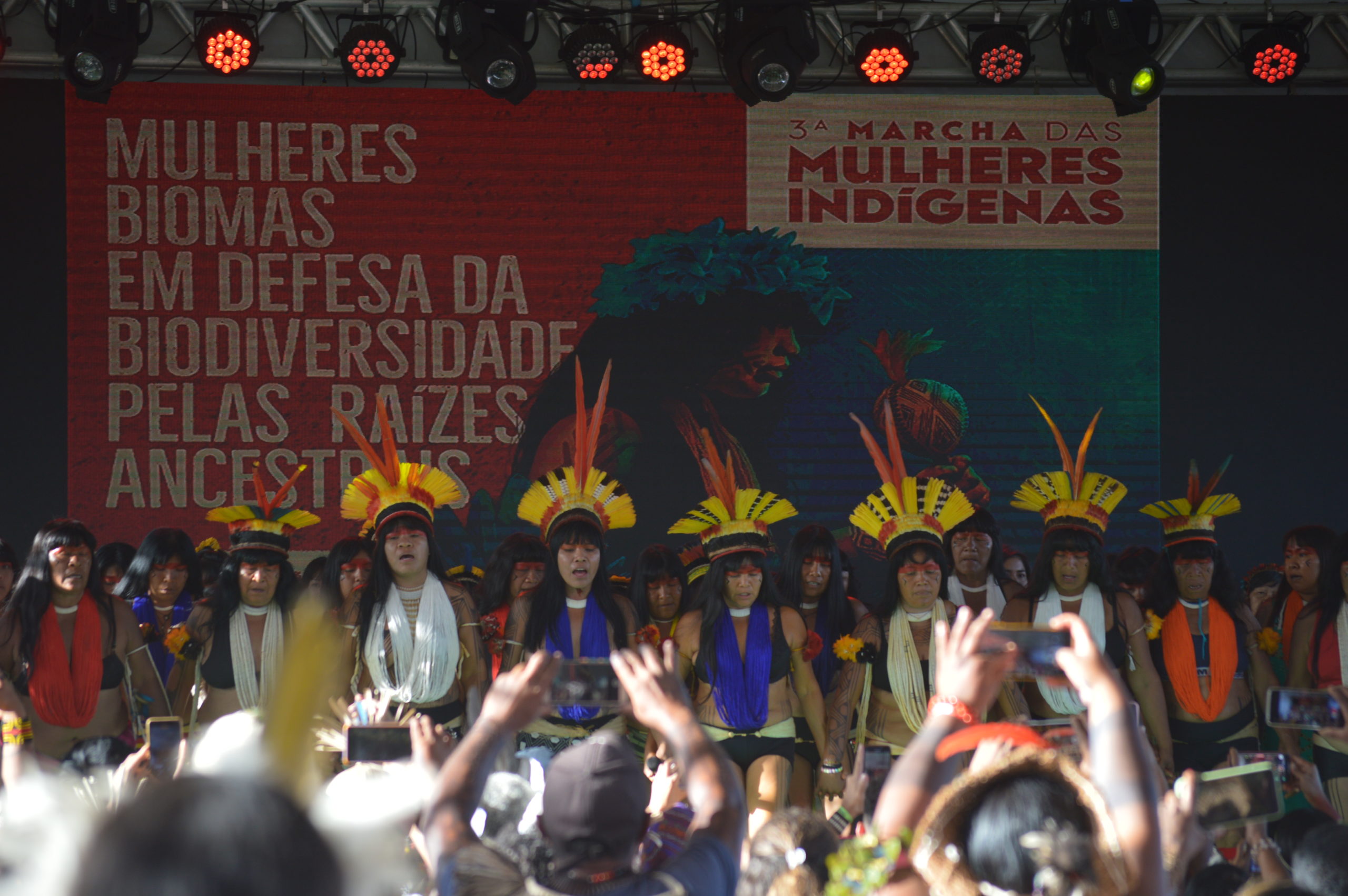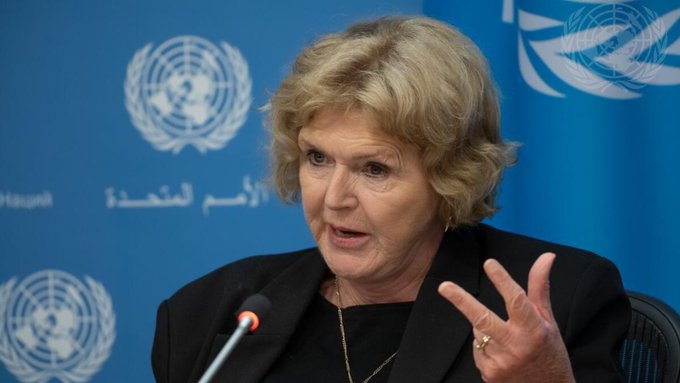Brazil must not arm genocidal and terrorist groups
Read the article produced by the Coalition for the Responsible Export of Arms
 M&R Photography
M&R Photography
More than 300,000 killed in five years of conflict in Syria. Political instability and mass extermination on the streets of Burundi. Thousands of civilian lives claimed by the war in Yemen. Anti-aircraft machine guns used to assault armored cars in Brazilian cities. Fear and terror in the attacks in France and Belgium. In different countries and contexts, one element unites these situations: the easy access to foreign arms.
Until recently, arms exports were regulated by an international legislation that allowed for the trafficking and diversion of weapons that are responsible for deaths and human rights violations. This situation could change, however, with a new international law that has been in place since December 2014. The ATT (Arms Trade Treaty) is the first global agreement to regulate international sales and donations of conventional weapons – a category that includes everything from tanks and combat aircraft to small arms such as rifles, machine guns and pistols – and munitions, a market worth US$80 billion per year.
Adopted by the UN General Assembly in April 2013, the treaty is the result of two decades of mobilization by civil society organizations around the world. The ATT establishes rules to eradicate and prevent the illicit trade of arms and munitions, ban arms transfers to countries where genocides and other crimes against humanity are taking place, halt the diversion of weapons and promote cooperation and transparency between member countries.
So far, 85 countries have already ratified the treaty, including important arms exporters such as France, United Kingdom, Germany, Italy and South Africa. Brazil, unfortunately, has not yet joined this group. Even though the country signed the treaty exactly three years ago today, its ratification is still awaiting approval from the National Congress.
Although Brazil is the fourth largest exporter of small arms, with sales of nearly US$3 billion between 2001 and 2012, the country has one of the most secretive weapons exporting processes on the planet: it ranks 43rd in terms of transparency in arms exports, behind Russia, Pakistan, Thailand and Argentina. This lack of transparency has its origin in a policy created by the military dictatorship called Pnemem (National Export Policy for Military Equipment). In effect since 1974, Pnemem has been applied and updated with no public scrutiny.
By ratifying the treaty, Brazil would agree to publish annual reports on the volume and destination of its arms exports. The country would also have to adopt more rigorous standards for authorizing exports, in order to prevent Brazilian arms and munitions from being used to violate human rights and fuel terrorism in other countries. Moreover, the treaty contains provisions that prevent the illegal reentry of arms to Brazil, which often fuels urban violence in the country.
For the purpose of monitoring the implementation process and raising the awareness of Brazilian society about the importance of a transparent and responsible control of arms exports, a group of five civil society organizations in Brazil (Amnesty International Brazil, Conectas Human Rights, Dhesarme, Igarapé Institute and Sou da Paz Institute) came together to form the Coalition for the Responsible Export of Arms. The coalition is working to assure the full ratification of the Arms Trade Treaty and the incorporation of its provisions into Brazilian law, by means of legislative changes that guarantee transparency in international sales of Brazilian-made weapons.
As a responsible exporter, besides improving its transparency, Brazil will reinforce the consistency of its foreign policy and ensure its participation in forums to define international arms trade regulations, where it can work to influence them in accordance with its national priorities. While the treaty remains unratified, we will not know where Brazil exports its arms and we will continue to run the risk of Brazilian weapons being used by criminal, genocidal and terrorist groups. This is why the ratification of the TCA is urgent.
Click here to sign the petition.
Coalition for the Responsible Export of Arms: Amnesty International, Conectas Human Rights, Dhesarme, Igarapé Institute, Sou da Paz Institute


